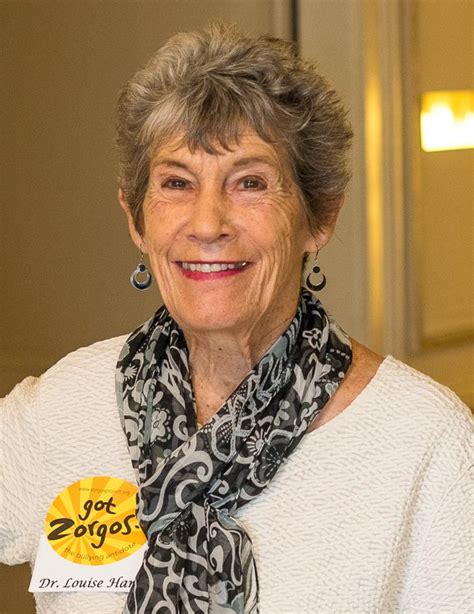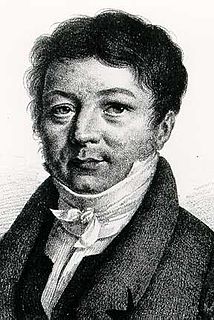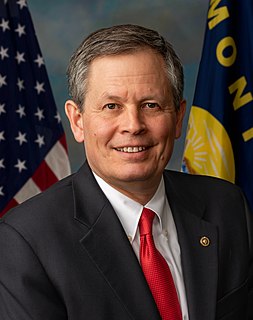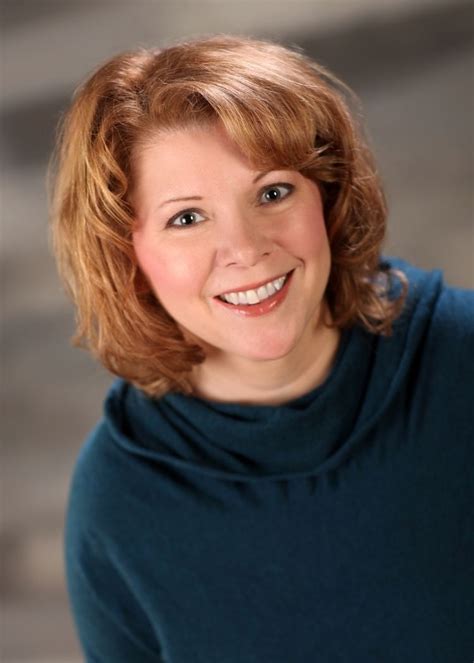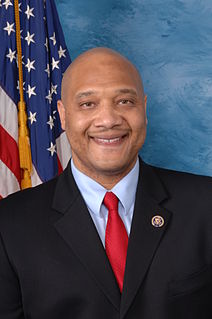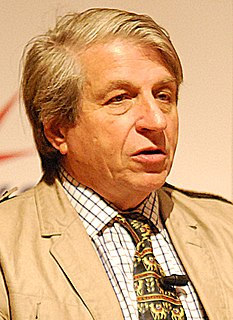A Quote by Jerome Bruner
Learners are encouraged to discover facts and relationships for themselves.
Quote Topics
Related Quotes
In healthy families, children discover (through being listened to) that what they have to say is important and that their experiences and ideas (and they themselves) have worth. They are encouraged to think for themselves, express opinions, and make decisions for themselves. Parents supporting them in standing on their own two feet and doing what they think is right. Trusting and gaining confidence in themselves, they develop an inner locus of control.
Working as a correspondent for 'Business Week,' I felt that I was simply informing people, not empowering them. I saw a parallel problem in the world of education. In too many educational settings, teachers simply 'inform' or 'instruct' learners, rather than providing learners with opportunities to explore, experiment, and express themselves.
Facts are neutral until human beings add their own meaning to those facts. People make their decisions based on what the facts mean to them, not on the facts themselves. The meaning they add to facts depends on their current story … facts are not terribly useful to influencing others. People don’t need new facts—they need a new story.
Most of us are visual learners. Some of us are auditor learners – we learn by hearing. Many of us are kinesthetic learners. We learn by doing, touching, feeling. I have found … that we need an educational model that is current, that meets the need of our students. America must understand that she needs Muslims.
Truths emerge from facts, but they dip forward into facts again and add to them; which facts again create or reveal new truth (the word is indifferent) and so on indefinitely. The 'facts' themselves meanwhile are not true. They simply are. Truth is the function of the beliefs that start and terminate among them.
Facts and theories are different things, not rungs in a hierarchy of increasing certainty. Facts are the world's data. Theories are structures of ideas that explain and interpret facts. Facts do not go away while scientists debate rival theories for explaining them. Einstein's theory of gravitation replaced Newton's, but apples did not suspend themselves in mid-air pending the outcome.
Half the people in the world think that the metaphors of their religious traditions, for example, are facts. And the other half contends that they are not facts at all. As a result we have people who consider themselves believers because they accept metaphors as facts, and we have others who classify themselves as atheists because they think religious metaphors are lies.


